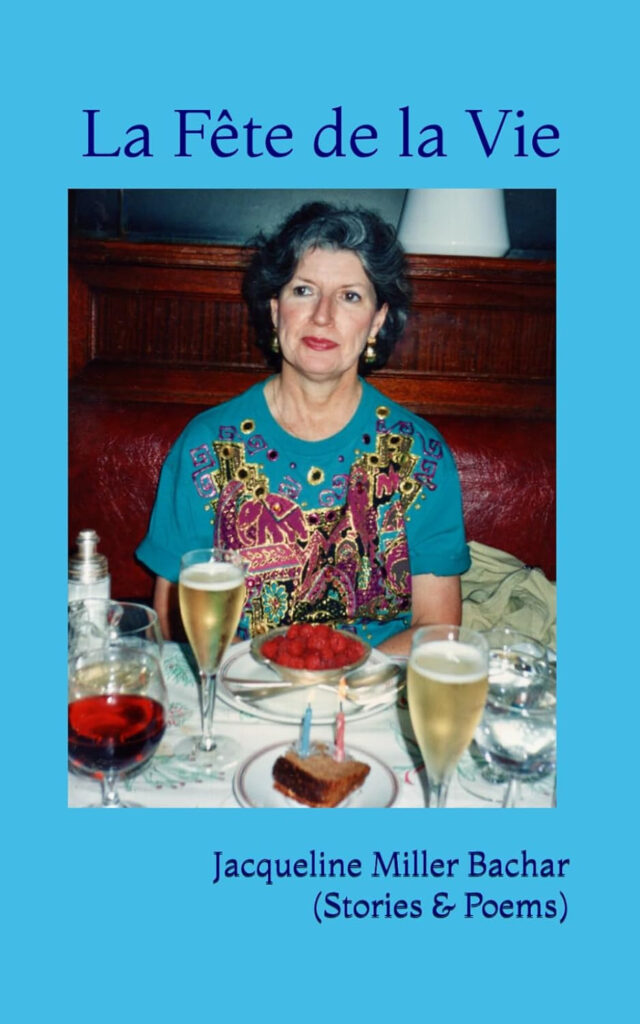
A well-curated collection of powerful stories and poetry that celebrate life without ignoring its painful realities, La Fête de la Vie: Stories & Poems by Jacqueline Miller Bachar is a literary testament to human resilience.
The characters that populate these fraught and unpredictable tales often wear strong emotions on their sleeve, unable to contain hard truths that they have been hiding from or holding inside. As the Foreword explains, much of this collection was written while the author was supporting her husband as he battled and overcame cancer; themes of grief, mortality, regret, self-reflection, and a weighing of life’s scales are certainly present, but these stories are far from singularly somber. There are also emotional scenes of timeless brotherhood and stubborn determination, of promises kept and memories savored, and of truth spoken to power.
“The Cottage on the Lake” is one of the most gut-wrenching stories, highlighting the fragility of the mind and the cruelty of mental illness, but this striking tale is unfurled with sensitivity and compassion. “An Irish Wake” is a tense plunge into the endless cycle of revenge and retribution, as the grief of an embittered wife collides with the collective grief of an oppressed people. “The Yellow Flag” is a relentless emotional rollercoaster, making it hard to pin down the twisting plot arc until the very end, when the wave of consequences finally comes crashing down.
The narration and dialogue are sharp and believable, especially the heartbreaking exchanges in “The Answer,” which bear the weight and intensity of personal experience, and illustrates one of the author’s strongest skills – making readers forget they may be reading fiction, because the ideas and emotions feel too authentic to be invented. Not all the stories hit quite as meaningfully, such as “The Palm Springs Girls,” which feels more like a long-form anecdote, and doesn’t have the same universality as some of the other pieces. However, the collection as a whole is overwhelmingly strong, and the tendency of these stories to suddenly pivot and end on a surprising note feels like an intriguing mirror to the author’s own expectations surrounding art, romance, family, and mortality.
The final portion of the book is composed of Bachar’s poetry, which varies widely in style, structure, and subject matter, from lost love and feminine empowerment to musings on the afterlife and the concept of legacy. “Grin of Gold” is a masterful piece of verse in terms of rhyme pattern, content, and form, boasting a sing-song flow juxtaposed with themes of power, humility, forgiveness, and faith. The lyrical ode to Palos Verdes is a touching nod to the poet’s long-time home, comparing its legacy of memories and unwavering beauty to God’s garden. There are some weaker entries in the poetry section, but as with the prose, the selection is largely strong and compellingly varied.
All told, this gathering of writing from a prolific period in Bachar’s career is revelatory and cathartic, driven by doubt and struggle but ultimately imbued with an inspiring degree of curiosity, self-confidence, faith, and compassion.
Book Links
STAR RATING
Design
Content
Editing
Get an Editorial Review | Get Amazon Sales & Reviews | Get Edited | Get Beta Readers | Enter the SPR Book Awards | Other Marketing Services





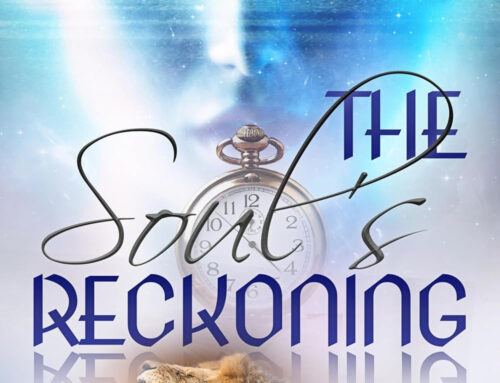
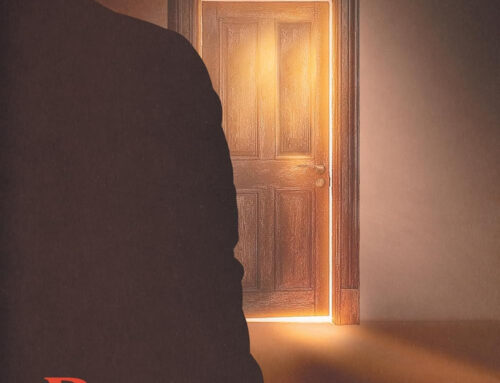
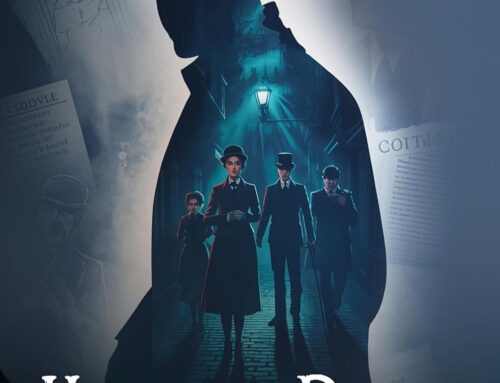
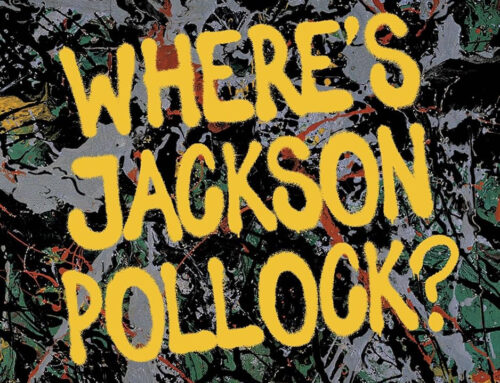

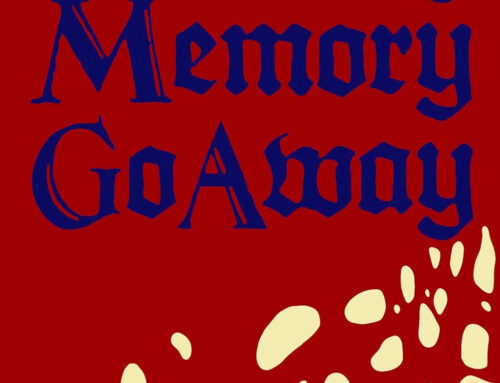


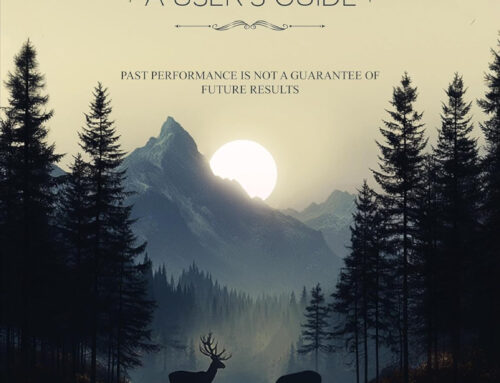

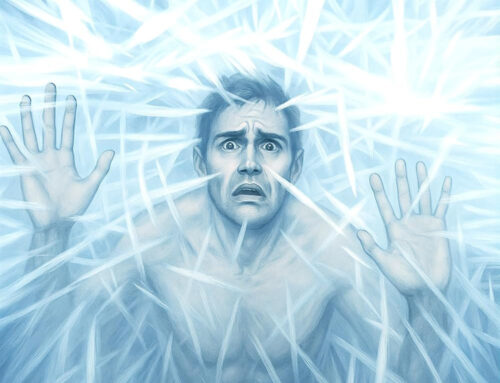

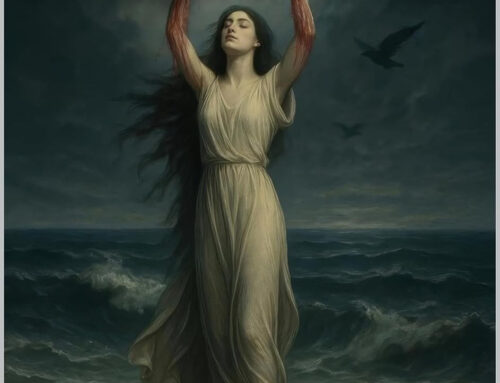

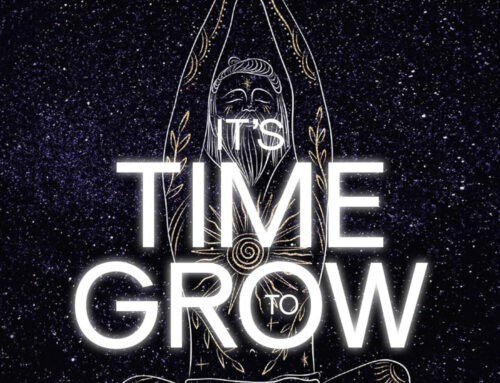
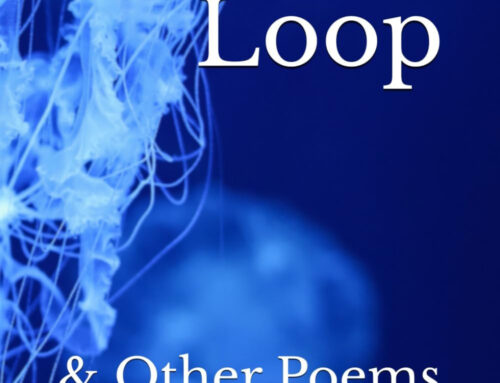
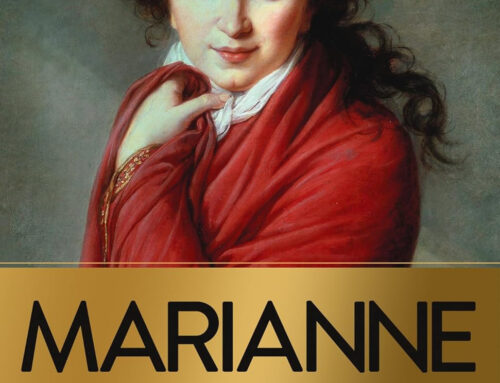

Leave A Comment